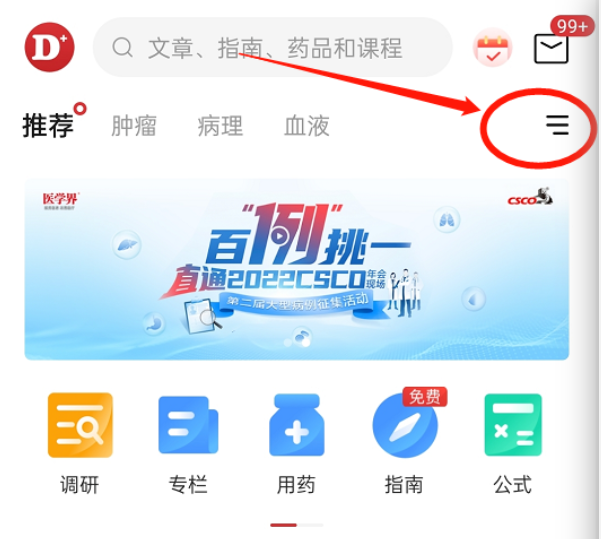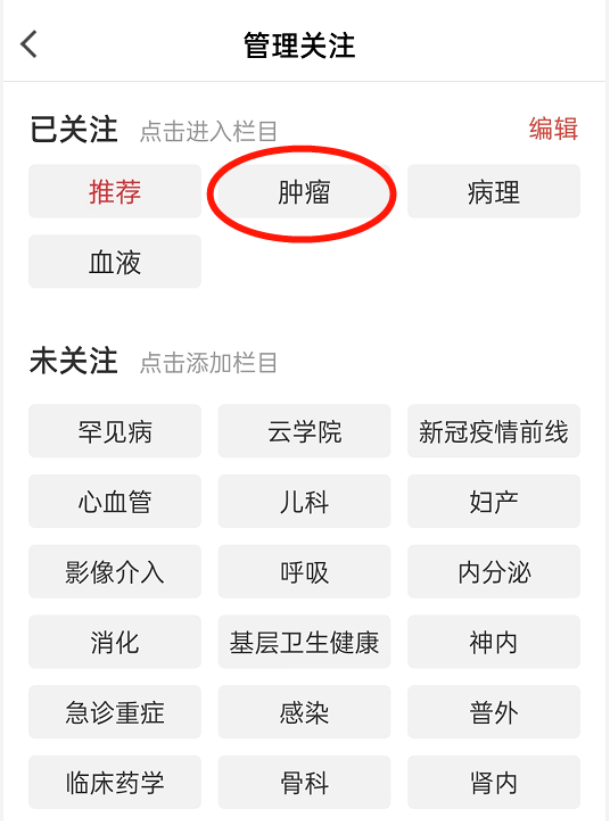Is it really hurting the body to eradicate the Helicobacter pylori?
Author:Cancer Channel of the Medical Time:2022.07.27
For medical professionals for reading reference

You need to pay attention to these 7 points!
As we all know, Helicobacter pylori (HP) is one of the main culprits that lead to gastritis, digestive ulcers, intestinal gastric cancer and gastric lymphoma. Episoded H. pylori is the most important controllable method for preventing gastric cancer.
However, many people are still worried that the four antibiotics are used for eradicating the treatment of the treatment. Will the proton pump inhibitor and a cricket agent be used to cause irreversible damage to the human body?
Some people even worry that after eliminating HP, it will break a certain balance and produce new diseases.
Let's talk about these things today.
This article is mainly thanked by the relevant documents of domestic experts such as "Screening and Epolid Pymiopodacce Cycles to prevent gastric cancer from the Gut of the Gut in 2020, and the Global Consensus of Lu Nonghua, Liu Wenzhong, Cheng Hong, and Cheng Hong.
1
HP is not a probiotic, but a pathogenic bacteria that can be contagious
HP is a pathogenic bacteria. This fact is clear in the continuous attention of HP infection diagnosis and treatment.
my country's new consensus also clearly states that HP infection is not a kind of symbiotic bacteria, nor is it a probiotic; unless active intervention is adopted, HP infection will not be eliminated by itself.
10%of the HP infection will cause indigestion, 15%~ 20%of duodenal ulcers, gastric ulcer or ulcer bleeding, only 1%~ 3%(5%in my country) will develop into gastric cancer or gastric MALT lymph Tumor, but all infected people have chronic activity gastritis, 70%asymptomatic.
2
About drug side effects
The currently recommended HP scheme is mainly a four -meal agent (pyrine+proton pump inhibitors+2 antibiotics).
The safety of short -term use of cricket agents is high; short -term taking proton pump inhibitors almost have no obvious adverse reactions.
The main reactions occur are mainly antibiotics. The currently recommended antibiotics include amoxicillin, metronidazole, craticin, tetracycline, levloxacin, and amurazolidone.
Nausea/vomiting (metronidazole, tetracycline), bitterness/metal flavor/tongue coating is thick (craticin, metronidazole), indigestion, loss of appetite, diarrhea, rash (amoxylin, amurazolidone), dizziness, fatigue, fatigue, fatigue, fatigue , Liver function damage (tetracycline), etc. are the most important adverse reactions of these antibiotics.
The above side reactions will gradually fade or recover after the drug is discontinued.
3
Antibiotic resistance
Undoubtedly, the use of large doses of antibiotics may lead to an increase in antibiotic resistance, but this should not prevent it from treating the treatment of gastric cancer.
4
Risk of gastroesophageal reflux disease
A variety of studies have proved that the risk of eliminating HP does not increase the risk of reflux disease in the stomach canal.
There is no sufficient evidence to prove that eradication of HP treatment increases the recurrence risk of gastroesophageal reflux disease.
Professor Hu Zhiyuan from the Chinese University of Hong Kong believes:
As the HP infection rate decreases, the incidence of gastroesophageal reflux disease has increased. But this part of patients usually have mild symptoms of esophagealitis. Moreover, after two years, the symptoms of esophageal reflux of these patients disappear. Therefore, there is no need to worry about the risk of gastroesophageal reflux disease due to HP removal.
5
Gastrointestinal colonies disorders
After eliminating HP, the diversity of the stool microorganisms may have short -term disturbances, but as the treatment ends, it will basically recover.
On the contrary, Chinese experts published a related research on the impact of gastrointestinal fungus in the gastrointestinal flora in Gut in September 2020 in September 2020, and found that HP infection can cause the infected person to have gastric flora disorders. During the flora, the diversity of microbial species of the stomach will decrease, and the flora dysfunction of the infected person is closely related to the clinical diseases they occur.
6
Risk of obesity
Elimination of HP may be related to the slight increase in weight, but does not increase the risk of metabolic syndrome.
Research on HP infection and obesity are inconsistent with East and West Studies;
HP infection in developed countries such as Europe and the United States is related to ultra -weight/obesity, and the research of two large samples in my country reports that HP infection is positively related to ultra -weight/obesity. This kind of opposite research results suggest When it is sufficient, eradication of HP can not consider this "negative impact". Moreover, it is not a bad thing to eradicate the weight increase of HP after digestion.
7
Risk of esophageal cancer
The META analysis shows that the HP infection rate is negatively related to the incidence of esophageal adenocarcinoma and is not related to the incidence of esophageal squamous carcinoma.
The incidence of esophageal adenocarcinoma has increased by 4 to 5 times in the past 30 years. It is believed that the cause of increasing incidence may be related to the decline in HP infection, obesity, and increased esophageal reflux disease, but causality is not clear.
As we all know, 96%to 99%of esophageal cancer in my country are squamous carcinoma, and esophageal adenocarcinoma is only 1%to 4%; the United States accounts for 70%to 80%of esophageal adenocarcinoma.
According to statistics from my country for nearly 30 years, the incidence of HP infection and esophageal cancer in my country has declined, suggesting that HP in China is not a protective factor for esophageal cancer, and eradicating HP will not lead to an increase in Chinese esophageal cancer.
7
Other disease risks
Elimination of HP does not increase the risk of adult asthma and inflammatory bowel disease.
summary:
1. Elimination of HP is the most effective means to prevent gastric cancer. The best age group is 18-40 years;
2. Elimination of HP is greater than disadvantages;
3. Treatment of the treatment of tadpoles, which contains a dwiller, with 10-14 days of treatment;
4. The first screening and review are recommended to take carbon 13/14 exhalation test. Reference materials:
[1] Liu Wenzhong: Liu Wenzhong, Lu Nonghua: HP infection and its related disease prevention and control 100 questions
[2] Helicobacter pylori infection grass -roots diagnosis and treatment guide (2019)
[3] Helicobacter pylori root Expert consensus opinion on prevention and control of gastric cancer (2019)
[4] 2016 Japanese Helicobacter Catalog Infection Management Guide (Revised Edition)
[5] 2015 Kyoto Global Helicobacter Cyne Gastritis Consensus
[6] Others: "Clinical Guidelines for Gastrointestinal Diseases (ACG)", "Consensus on Toronto" and "Mastricht V/Florence Consensus Report"
The cutting -edge information you want
Please pay attention to the doctor station 注
1. Scan the QR code below

2. Click to download the app


3. Open the doctor station app and click on the upper right corner

4. Find the tumor in the channel
And follow
Download the doctor's station app and subscribe anytime, anywhere ~
Source of this article: gastrointestinal disease

Author of this article: Lao Du
Editor in charge: Sweet
- END -
Four freight platforms including cargo Lala and Didi have been interviewed

On July 8th, the Ministry of Transport made an interview with the nomin of the int...
The "Guangdong Provincial Social Sciences Popularization Base" is officially unveiled and operated
A few days ago, the Guangdong Social Sciences Popularization Base was officially unveiled. This marks the construction of a new level of Zhanjiang (Provincial Auxiliary Central Center) Popular Scie